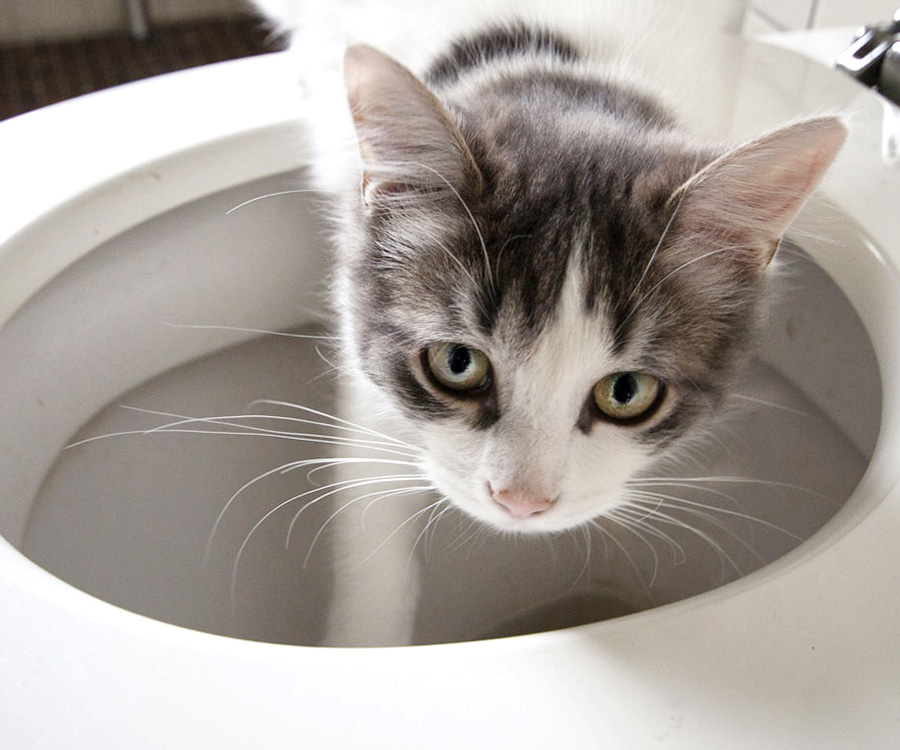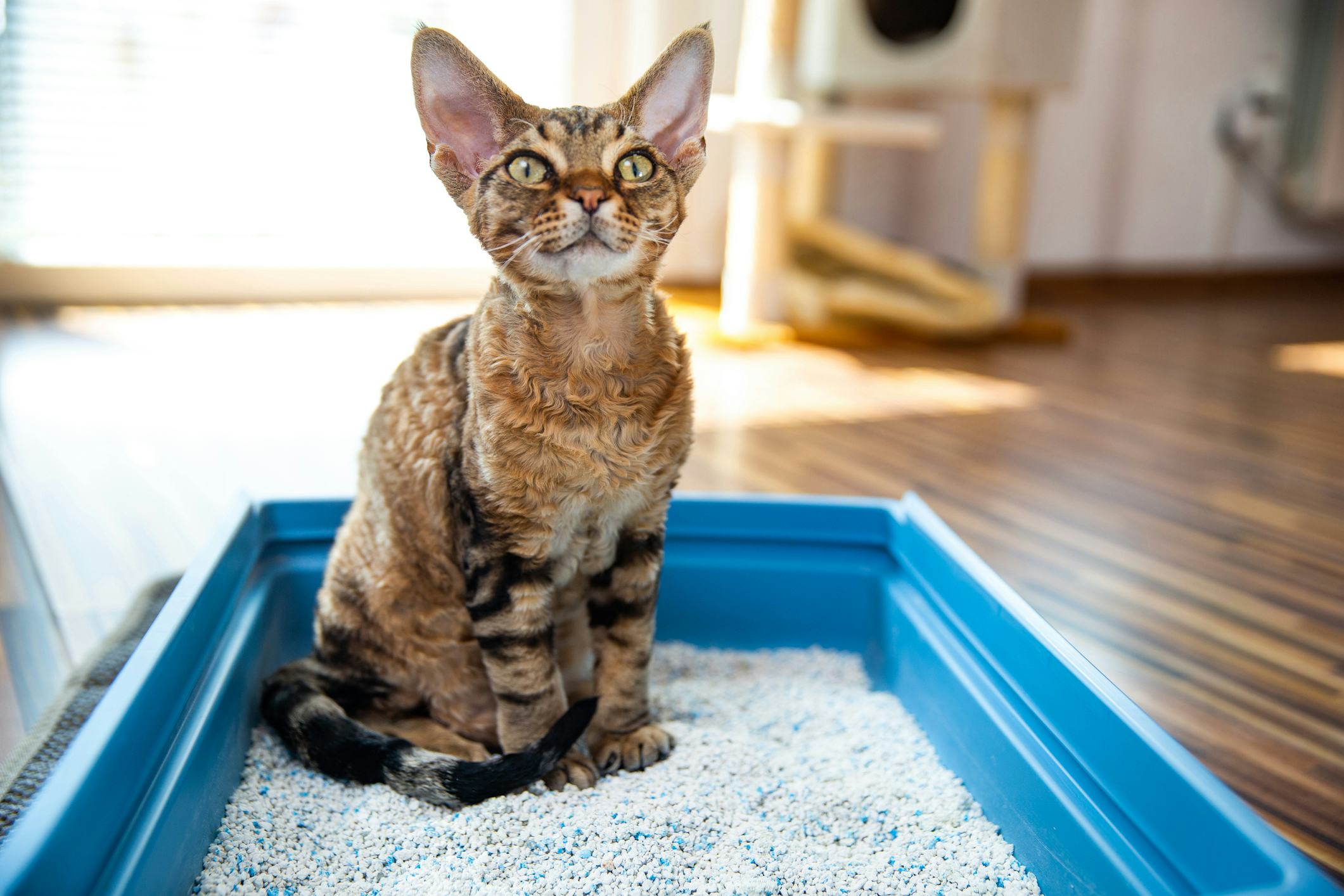Why You Mustn't Flush Cat Poop Down Your Toilet - Preserve Your Pipe Health
Why You Mustn't Flush Cat Poop Down Your Toilet - Preserve Your Pipe Health
Blog Article
The publisher is making a few good observations relating to Don’t flush cat feces down the toilet overall in this great article beneath.

Introduction
As feline owners, it's vital to be mindful of exactly how we dispose of our feline buddies' waste. While it might appear convenient to flush feline poop down the commode, this practice can have detrimental effects for both the setting and human health and wellness.
Alternatives to Flushing
Thankfully, there are much safer and much more accountable means to dispose of cat poop. Take into consideration the following options:
1. Scoop and Dispose in Trash
The most typical approach of getting rid of pet cat poop is to scoop it into a naturally degradable bag and throw it in the trash. Make sure to make use of a specialized trash inside story and take care of the waste immediately.
2. Usage Biodegradable Litter
Choose naturally degradable feline litter made from products such as corn or wheat. These clutters are eco-friendly and can be securely gotten rid of in the garbage.
3. Hide in the Yard
If you have a backyard, take into consideration hiding pet cat waste in a marked location away from veggie yards and water resources. Make certain to dig deep adequate to stop contamination of groundwater.
4. Set Up a Pet Waste Disposal System
Invest in an animal waste disposal system specifically designed for pet cat waste. These systems make use of enzymes to break down the waste, minimizing smell and ecological influence.
Health and wellness Risks
In addition to environmental problems, purging pet cat waste can likewise position health and wellness threats to human beings. Feline feces may contain Toxoplasma gondii, a bloodsucker that can trigger toxoplasmosis-- a potentially severe health problem, especially for pregnant ladies and individuals with weakened body immune systems.
Ecological Impact
Flushing feline poop presents damaging microorganisms and bloodsuckers right into the supply of water, positioning a significant danger to water communities. These contaminants can adversely impact marine life and compromise water high quality.
Conclusion
Liable family pet ownership expands past offering food and sanctuary-- it likewise involves appropriate waste monitoring. By avoiding purging feline poop down the toilet and selecting different disposal techniques, we can reduce our ecological impact and protect human health and wellness.
Why Can’t I Flush Cat Poop?
It Spreads a Parasite
Cats are frequently infected with a parasite called toxoplasma gondii. The parasite causes an infection called toxoplasmosis. It is usually harmless to cats. The parasite only uses cat poop as a host for its eggs. Otherwise, the cat’s immune system usually keeps the infection at low enough levels to maintain its own health. But it does not stop the develop of eggs. These eggs are tiny and surprisingly tough. They may survive for a year before they begin to grow. But that’s the problem.
Our wastewater system is not designed to deal with toxoplasmosis eggs. Instead, most eggs will flush from your toilet into sewers and wastewater management plants. After the sewage is treated for many other harmful things in it, it is typically released into local rivers, lakes, or oceans. Here, the toxoplasmosis eggs can find new hosts, including starfish, crabs, otters, and many other wildlife. For many, this is a significant risk to their health. Toxoplasmosis can also end up infecting water sources that are important for agriculture, which means our deer, pigs, and sheep can get infected too.
Is There Risk to Humans?
There can be a risk to human life from flushing cat poop down the toilet. If you do so, the parasites from your cat’s poop can end up in shellfish, game animals, or livestock. If this meat is then served raw or undercooked, the people who eat it can get sick.
In fact, according to the CDC, 40 million people in the United States are infected with toxoplasma gondii. They get it from exposure to infected seafood, or from some kind of cat poop contamination, like drinking from a stream that is contaminated or touching anything that has come into contact with cat poop. That includes just cleaning a cat litter box.
Most people who get infected with these parasites will not develop any symptoms. However, for pregnant women or for those with compromised immune systems, the parasite can cause severe health problems.
How to Handle Cat Poop
The best way to handle cat poop is actually to clean the box more often. The eggs that the parasite sheds will not become active until one to five days after the cat poops. That means that if you clean daily, you’re much less likely to come into direct contact with infectious eggs.
That said, always dispose of cat poop in the garbage and not down the toilet. Wash your hands before and after you clean the litter box, and bring the bag of poop right outside to your garbage bins.
https://trenchlesssolutionsusa.com/why-cant-i-flush-cat-poop/

We hope you liked our section about Don’t flush cat feces down the toilet. Many thanks for taking a few minutes to read through our blog post. Sharing is caring. You just don't know, you may be helping someone out. Many thanks for your time spent reading it.
Request Free Estimate Report this page